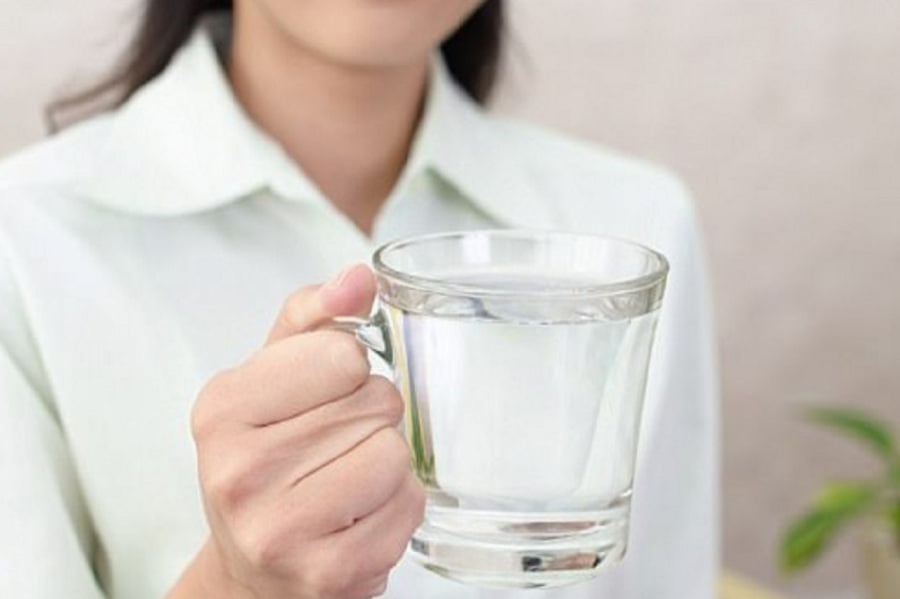A 2019 survey published in the Journal of Human Nutrition and Dietetics revealed that almost 50% of adults do not consume the recommended daily water intake. This leads to chronic mild dehydration, a seemingly minor issue with severe health consequences. So, what are these consequences?

Here are 7 consequences of not drinking enough water daily:
1. Fatigue and reduced concentration
Water is crucial for optimal brain function.
According to a 2014 study published in the Journal of Nutrition, mild dehydration (as little as 1-2% of body weight) can lead to fatigue, reduced concentration, and impaired short-term memory.
If you often feel tired in the afternoon for no apparent reason, your water-drinking habits may be silently sabotaging your productivity.
2. Constipation and digestive issues
The digestive system relies heavily on water to function smoothly. Water softens stool, aids digestion, and prevents constipation.
A 2017 study in the European Journal of Clinical Nutrition found that individuals drinking less than 1.5 liters of water daily were twice as likely to experience constipation compared to those adequately hydrated.
Additionally, dehydration reduces digestive fluid secretion, leading to indigestion and bloating.
3. Dry skin and premature aging
The skin is a mirror that reflects the body’s hydration status. When the body is dehydrated, the skin loses its natural moisture, becoming dry and prone to wrinkles.
A 2018 study published in Clinical, Cosmetic and Investigational Dermatology showed that adequate water intake improved skin elasticity and moisture.
In contrast, dehydration reduces blood flow to the skin, causing dullness and accelerating aging. Drinking enough water not only hydrates the skin but is also a natural key to youthful skin.
4. Headaches and migraines
Headaches are a common sign of dehydration.
According to a 2015 study in Headache: The Journal of Head and Face Pain, mild dehydration can trigger headaches or exacerbate migraines in sensitive individuals. Water maintains brain pressure and supports oxygen delivery to nerve cells.
If you frequently experience headaches without an apparent cause, try drinking a glass of water before reaching for painkillers.

5. Kidney stone risk
The kidneys are directly impacted by dehydration. Water dilutes minerals in urine, preventing kidney stone formation.
According to the American Urological Association, individuals drinking less than 2 liters of water daily have a 30% higher risk of kidney stones than those adequately hydrated.
A 2016 study in the American Journal of Kidney Diseases also showed that increasing daily water intake could reduce the risk of kidney stone recurrence in patients with a history of the condition.
6. Increased risk of urinary tract infections (UTIs)
Dehydration not only increases the risk of kidney stones but also makes you more susceptible to UTIs. Water flushes bacteria out of the urinary tract, preventing them from adhering to the bladder wall.
A 2018 study in JAMA Internal Medicine found that women who drank less water had a 1.5 times higher risk of UTIs than those who were adequately hydrated.
Especially if you frequently experience burning during urination or cloudy urine, it could be a sign that you need to increase your water intake immediately.
7. Cardiovascular health impact
Few realize that dehydration can also affect the heart. When the body is dehydrated, blood becomes thicker, forcing the heart to work harder to pump blood throughout the body.
A 2002 study in the American Journal of Epidemiology revealed that individuals drinking less than 5 cups of water daily had a 46% higher risk of cardiovascular disease compared to those adequately hydrated.
Additionally, dehydration increases the risk of stroke, especially in the elderly. Drinking enough water is beneficial for the kidneys, skin, and heart.



































